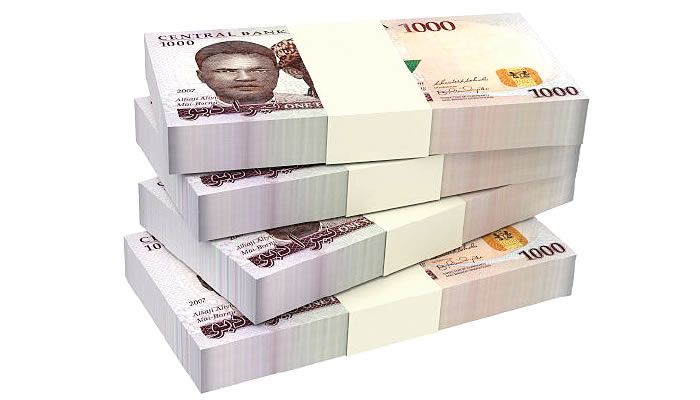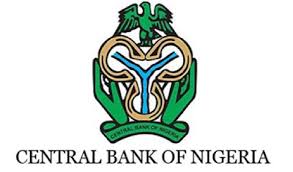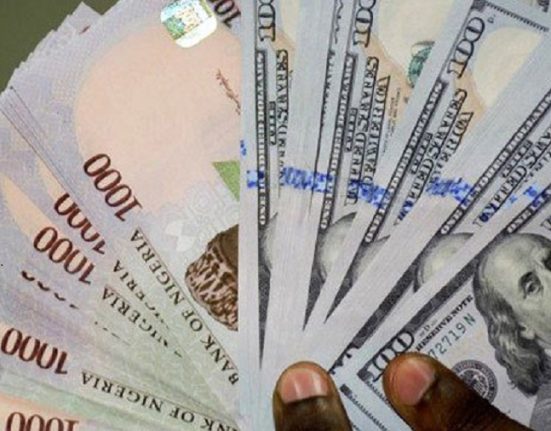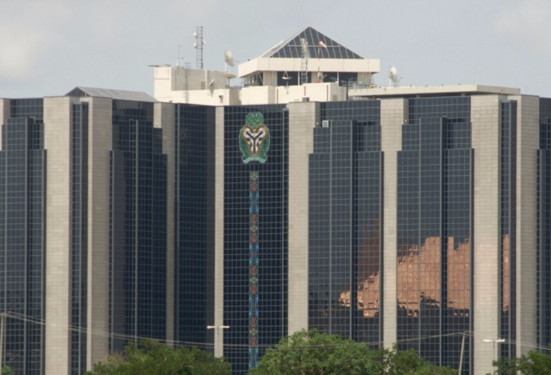The Nigerian naira ended last week on a weaker note, closing at 1,532.34 per dollar in the official market despite various interventions by the Central Bank of Nigeria aimed at supporting the currency.
The local currency had started the week strong, reaching a four-month high of 1,518.88 per dollar on the first trading day. However, it soon lost momentum, dropping to 1,530.25 per dollar and then to 1,533.11 before slightly recovering to settle at 1,532.34 per dollar by Friday.
During the week, the naira traded at a high of 1,538 per dollar and a low of 1,515 per dollar at the Nigerian Foreign Exchange Market. In the parallel market, it fluctuated between 1,535 and 1,544 per dollar, showing continued volatility despite improved liquidity.
Financial analysts have continued to stress the importance of stable foreign exchange inflows and ongoing support from the apex bank to maintain any meaningful progress in the foreign exchange market.
Cowry Assets Management noted that the naira posted mixed performances across the two major markets. At the parallel market, the currency appreciated slightly by 0.06 percent week on week, closing at 1,544 per dollar. However, it declined marginally in the official market.
According to Cowry’s weekly report, the fluctuations highlight persistent imbalances between dollar demand and supply, as well as the shifting landscape of foreign exchange liquidity. The firm expressed optimism that the naira could gain further strength if Nigeria’s oil production and dollar inflows continue to improve.
In support of this view, the Nigerian Upstream Petroleum Regulatory Commission reported that average daily crude oil production increased by 3.6 percent in June 2025 to 1.51 million barrels per day. This is a significant step forward for Nigeria, as it marks the first time in five months that the country has met its OPEC production quota. The improvement has been linked to better operational performance and enhanced security around oil-producing areas.
Similarly, AIICO Capital highlighted the role of the Central Bank in intervening in the FX market over the past week. According to their data, early and late dollar sales during the week contributed to relative market stability. The naira closed at 1,532.34 per dollar, down 13.6 basis points on a weekly basis. Meanwhile, Nigeria’s foreign reserves rose by 422 million dollars, reaching 37.85 billion dollars from 37.43 billion dollars the previous week.
Looking ahead, the market is expected to remain steady, supported by improved liquidity. However, attention now shifts to the Monetary Policy Committee meeting starting Monday, which could signal a new direction for interest rates and overall economic policy.
Analysts remain divided over what the MPC should do. Some experts advocate a modest rate cut due to easing inflation and the relative calm in the FX market. Others warn that any premature policy relaxation could reverse the gains achieved so far, especially in the face of lingering food supply challenges and global uncertainties.
Market watchers say the real direction will become clearer once the MPC’s communique is released, as it will reflect the tone and priorities of the country’s financial authorities moving forward.







